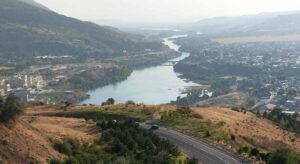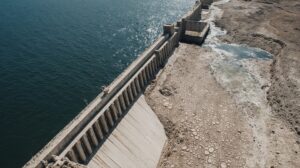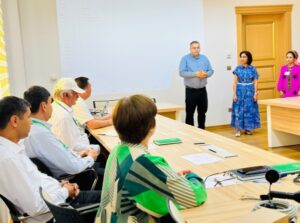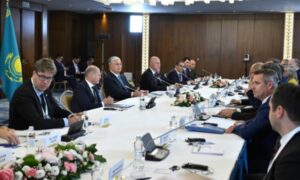At the second “Central Asia – Germany” summit, President of Uzbekistan Shavkat Mirziyoyev delivered a comprehensive address, focusing on the growing strategic partnership between Central Asia and Germany. He opened by extending gratitude to the President of Kazakhstan, Kassym-Jomart Tokayev, for hosting the summit and to German Chancellor Olaf Scholz for his commitment to strengthening ties with Central Asia.
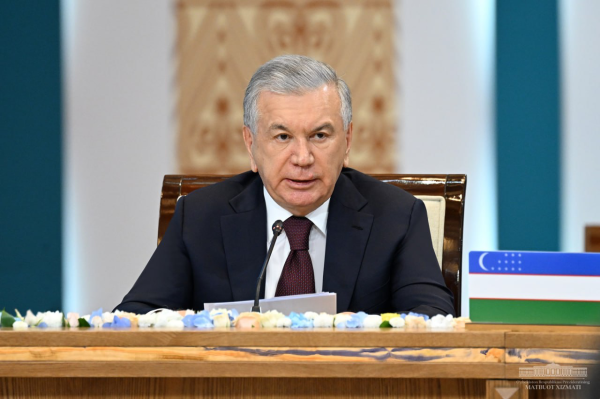
Mirziyoyev highlighted the importance of Germany’s role in supporting Central Asia’s democratic and socio-economic reforms.
“We highly value Germany’s firm and unwavering support for the ongoing democratic transformations and socio-economic reforms in our countries,” he stated. The president also underlined Central Asia’s determination to address key regional challenges, saying, “Most importantly, we clearly understand that the future of our region, its security, and sustainable development depends solely on our political will and efforts.”
Mirziyoyev outlined six main areas of cooperation. He began by proposing the adoption of a long-term partnership concept, focusing on expert collaboration to strengthen ties. This included establishing the “Central Asia – Germany” Forum of Analytical Centers, with its first meeting proposed to take place in the historic city of Khiva. He also suggested regular meetings of the foreign ministries from both regions to further enhance cooperation.
Investment and technological collaboration formed a major part of the president’s speech, with Uzbekistan currently engaged in projects worth over €20bn with German companies. He proposed a “road map” to expand cooperation in various sectors, including energy, machine building, and agriculture. Additionally, Mirziyoyev suggested launching a permanent business dialogue platform, the “Central Asia-Germany Council of Investors and Entrepreneurs,” and encouraged German companies to participate in regional infrastructure projects.
Mirziyoyev also emphasized the vast potential for collaboration in the field of mineral resource development, highlighting Central Asia’s abundance of raw materials. He invited German companies to partner on geological surveys, exploration, and advanced processing projects to create high-value products for export to Germany and the European Union. Establishing a legal framework to support these initiatives was also recommended to ensure long-term cooperation.
On the topic of renewable energy, Mirziyoyev proposed launching an Energy Dialogue between Central Asia and Germany. This would involve various stakeholders, including energy ministries and companies, to promote joint projects in solar, wind, and hydropower development. The President also expressed interest in developing a comprehensive capacity-building program to enhance expertise in low-carbon technologies.
Recognizing the impact of climate change, Mirziyoyev highlighted Central Asia’s vulnerability to global warming and expressed gratitude for Germany’s continued support through environmental projects. He proposed further collaboration in water management, biodiversity conservation, and sustainable development through the adoption of German technologies. He also supported Germany’s initiative to create a Central Asian Nature Partnership.
Transportation connectivity was identified as a critical barrier to expanding partnerships between Central Asia and Germany. Mirziyoyev called for Germany’s assistance in developing alternative transport corridors that connect Central Asia with Europe. He proposed a joint ministerial conference to explore ways to improve transit capacity, facilitating easier movement of goods and people.
“The biggest barrier to deepening our partnership is the lack of transport connectivity, including land and air. We count on Germany’s support in engaging European institutions in the development of alternative transportation corridors connecting Central Asia with Europe,” President Mirziyoyev voiced.
In addition, Mirziyoyev proposed greater cultural and scientific exchanges, including the organization of Central Asian art exhibitions in Germany, cooperation between museums, and educational partnerships.
The President concluded by reaffirming Uzbekistan’s commitment to enhancing its multifaceted cooperation with Germany, confident that this summit would further solidify their strategic partnership and lead to tangible projects benefiting both regions.
